Chevron has finally clinched its $53 billion deal to buy Hess, outmaneuvering Exxon Mobil in a legal showdown that had oil industry insiders on the edge of their seats. The Paris-based International Chamber of Commerce played the role of judge and jury, delivering a ruling on Friday that handed Chevron the keys to a shiny new stake in Guyana’s oil bonanza.
It’s a big win for the Houston-based giant, which had been pacing nervously for nearly two years, wondering if this deal would ever cross the finish line.
The Guyana oil project, a glittering prize in the global energy game, is like the belle of the ball that everyone wants to dance with. Chevron now gets to waltz in with a 30% stake, previously held by Hess, in the Stabroek block—a patch of ocean floor oozing with over 11 billion barrels of crude.
This isn’t just a drop in the bucket; it’s expected to pump out 1% of the world’s oil in a few years, according to the International Energy Agency.
Exxon, the big dog in the Stabroek partnership with a 45% stake, wasn’t thrilled about Chevron crashing its Guyana party. They argued that a secret handshake in their contract gave them first dibs on Hess’s share before it could be sold to anyone else. Chevron and Hess, however, rolled their eyes and said Exxon was reading the fine print all wrong.
The dispute turned into a corporate cage match, dragging on for over a year and leaving Chevron’s stock price looking a bit like it missed its morning coffee, down 9% since the deal was announced in October 2023. Exxon’s stock, meanwhile, barely blinked, inching up less than 1% in the same period. Talk about a lopsided sibling rivalry.
When the dust settled on Friday, the arbitrators sided with Chevron, and the market threw a mini ticker-tape parade. Chevron’s shares did a happy dance, jumping 3% in premarket trading, while Hess’s stock soared over 7%. Exxon’s stock just shrugged, creeping up slightly as if to say, “We’ll be fine.”
Exxon, ever the gracious loser, issued a statement that was the corporate equivalent of a polite golf clap. “We disagree with the ICC panel’s interpretation but respect the arbitration and dispute resolution process,” their spokesman said, before adding a cheery, “We welcome Chevron to the venture!” It’s the kind of enthusiasm you muster when your new coworker takes your favorite parking spot.
The Guyana project, run by Exxon with Hess and China’s CNOOC as partners, is no small potatoes. It’s currently pumping 660,000 barrels a day, with plans to hit 1.3 million by 2030. For Chevron, snagging Hess’s stake is a golden ticket to keep its oil reserves from drying up faster than a desert stream.
Chevron’s CEO, Mike Wirth, couldn’t hide his excitement, practically high-fiving shareholders through a press release. “The combination enhances and extends our growth profile well into the next decade,” he said, probably while imagining all the new drilling rigs he gets to play with. The deal also hands Chevron assets in North Dakota’s Bakken shale and Southeast Asia, making its portfolio look like a well-stocked toolbox.
This victory comes at a wild time for oil companies. The Trump administration is rolling out the red carpet for fossil fuel giants, slashing regulations and tossing tax breaks their way. But there’s a catch—Trump loves cheap oil, and his trade war antics are making it happen, which isn’t exactly music to Chevron’s ears.
Lower oil prices, driven by fears of a trade-war-induced economic slowdown, mean fewer folks driving, flying, or shipping stuff. That’s great for consumers filling up their gas tanks but a headache for oil companies watching their profits shrink. Chevron’s probably hoping its new Guyana riches will help cushion the blow.
Behind the scenes, Chevron’s been gearing up for this moment, even as the arbitration dragged on. They’ve been trimming their workforce by 15-20% to save some cash, though they’ll need to make room for Hess’s employees now joining the team. It’s a bit like rearranging deck chairs, but with higher stakes and better benefits.
The Federal Trade Commission already gave the deal a thumbs-up, and Hess’s shareholders were on board faster than you can say “stock options.” The only thing standing in the way was Exxon’s stubborn contract dispute, now settled in Chevron’s favor. It’s safe to say Chevron’s popping the champagne, while Exxon’s probably just popping some aspirin.



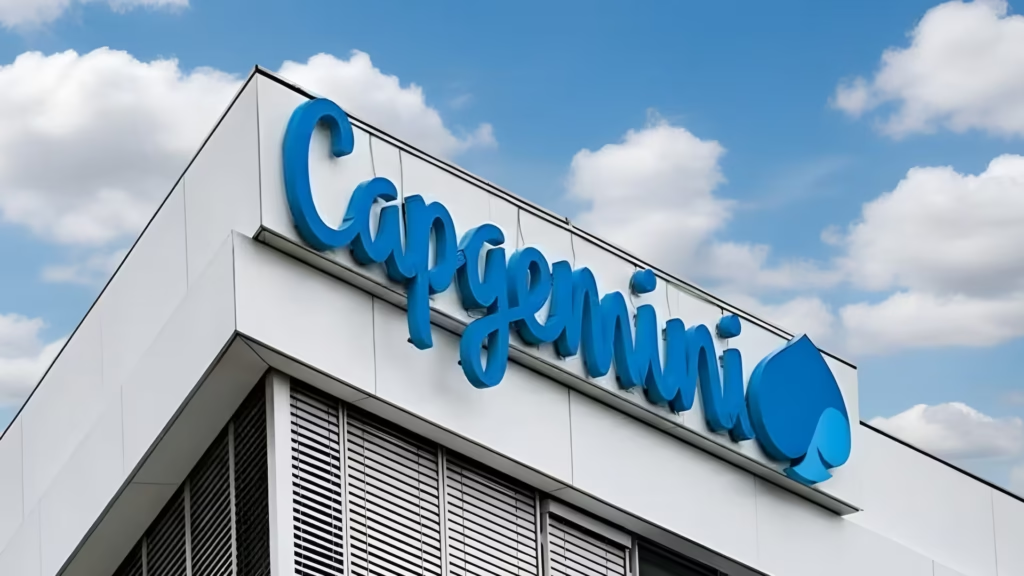



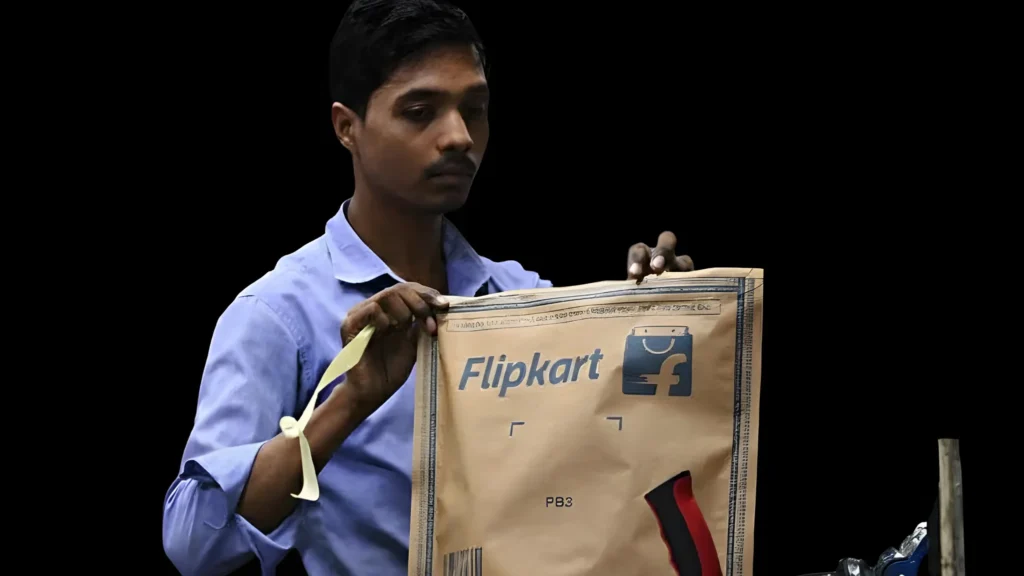
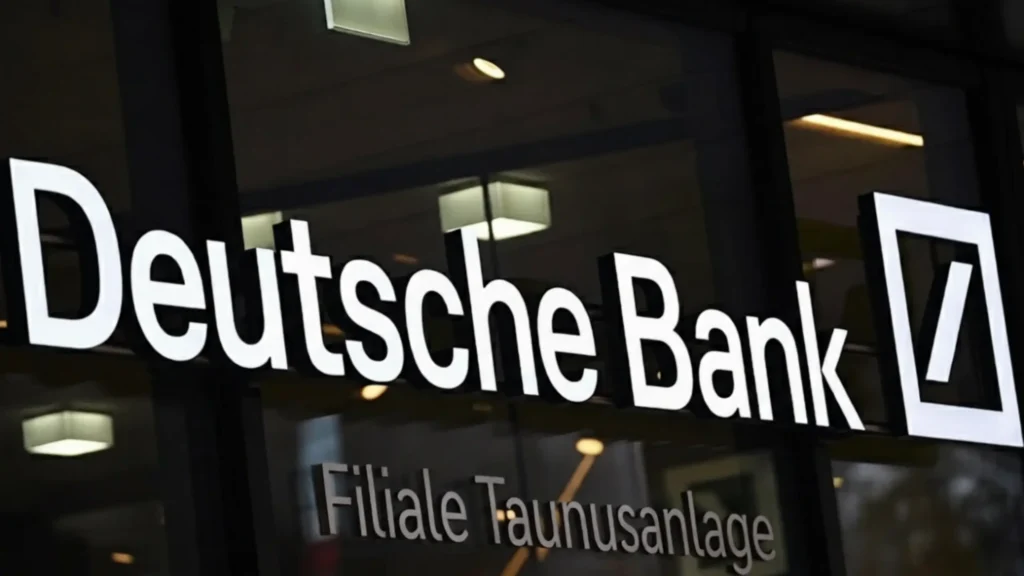
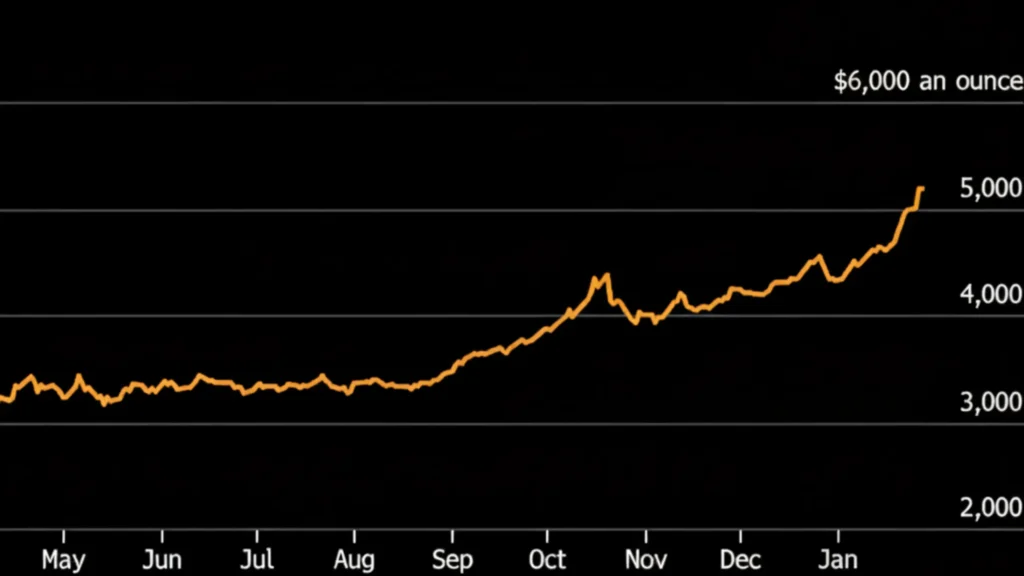

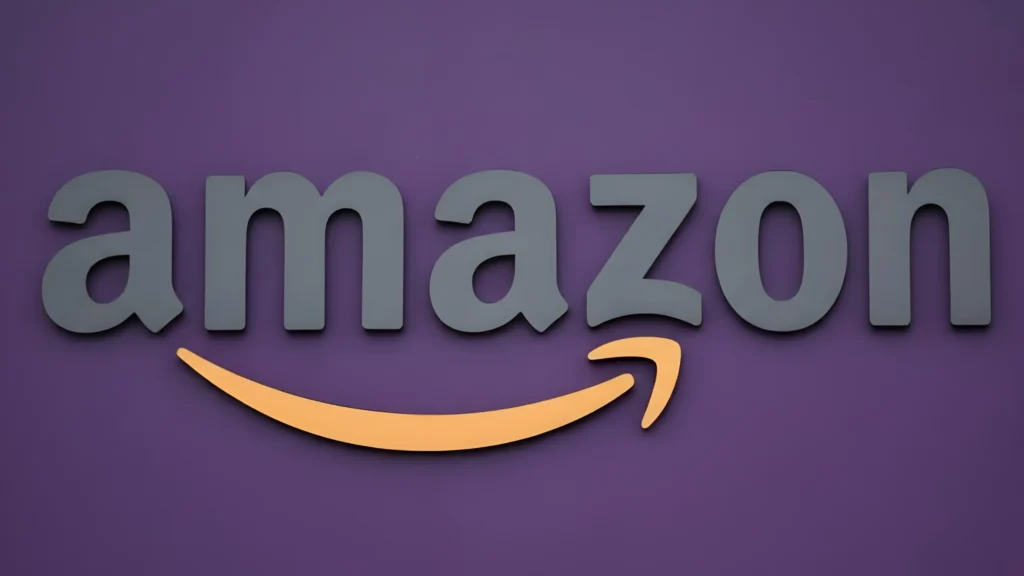
Leave a Reply